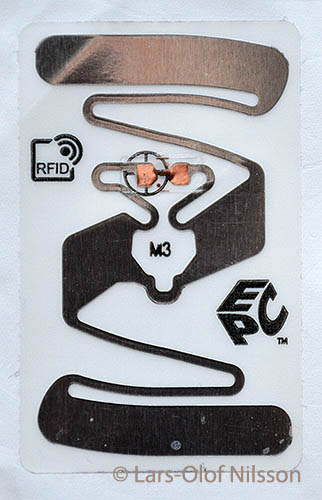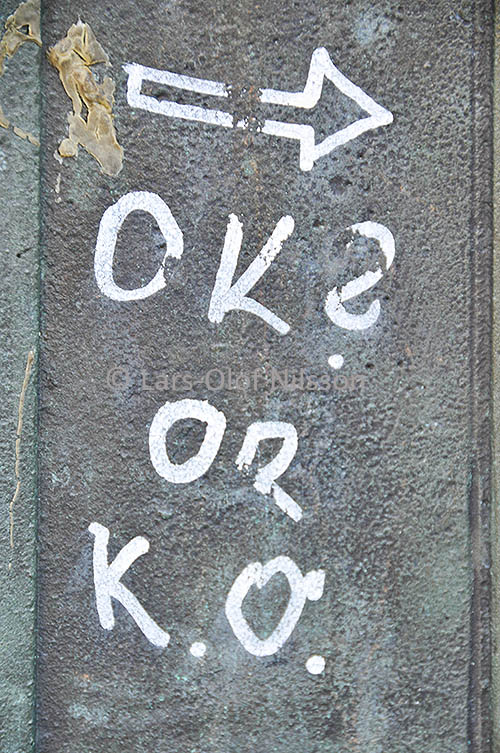In a previous blog entry we looked at acronyms and initialisms. Probably the most common initialism is OK. Meaning acceptable, everything is in order, go ahead, I approve, etc., it is used in many languages.
Just as internet-savvy young people nowadays use fancy abbreviations such as 2Y2 (to you too), CU L8ER (see you later) and TNX (thanks), people in the 1830s also made up funny abbreviations, often based on intended misspellings. They could, for example, write KY for know yuse, meaning no use. All right was abbreviated OW (oll wright). OK was such a misspelling, supposed to mean oll korrect. It became popular when it first appeared in print in the Boston Morning Post in 1839.
In 1840, President Martin van Buren campaigned for reelection, and his supporters chose O.K. as the motto for the campaign. Van Buren’s nickname was Old Kinderhook, and supporters formed O.K. Clubs around the country. In the end, van Buren was not okayed by the voters; his opponent William Henry Harrison won the election.
OK became increasingly popular and is used all over the world in various versions such as okeh, okie, okej, okey, ookoo, owkej, hokay and others.
You can write OK in different ways, with and without full stops and in uppercase or lowercase letters. If you write for a journal, you should consult its style guide. OK is also written okay, and in student slang it became okey-dokey or okie-dokie.
Space people at NASA added a letter; AOK means All OK.
The initialism has its own sign: to signal OK, you form a circle with your thumb and first finger with the other fingers pointing upwards.

You should, however, be cautious about using this OK sign in certain countries, where it might be vulgar or offensive. In Brazil, for example, it is the equivalent of giving someone the middle finger (up yours!). The sign has also become linked to white supremacist groups in the USA.
There have been alternative suggestions about the origin of OK. One theory says that the abbreviation is from the Choctaw language (the Choctaws are a Native American people in the southeastern United States). An example of folk etymology is the belief that OK comes from the Scottish och aye, meaning oh yes. Another explanation points out that the letters OK were stamped on biscuits given to soldiers in the American Civil War. The biscuits came from Orrin Kendall’s bakery. But the most probable explanation is the one from the Boston Morning Post.






Recent Comments